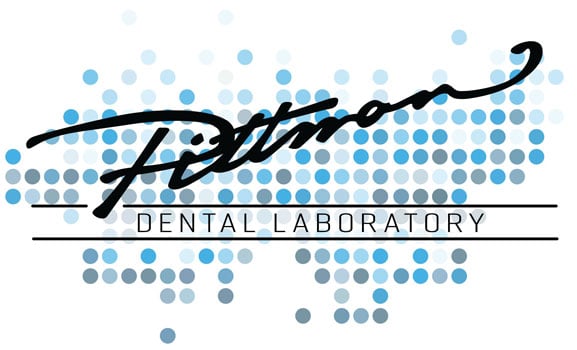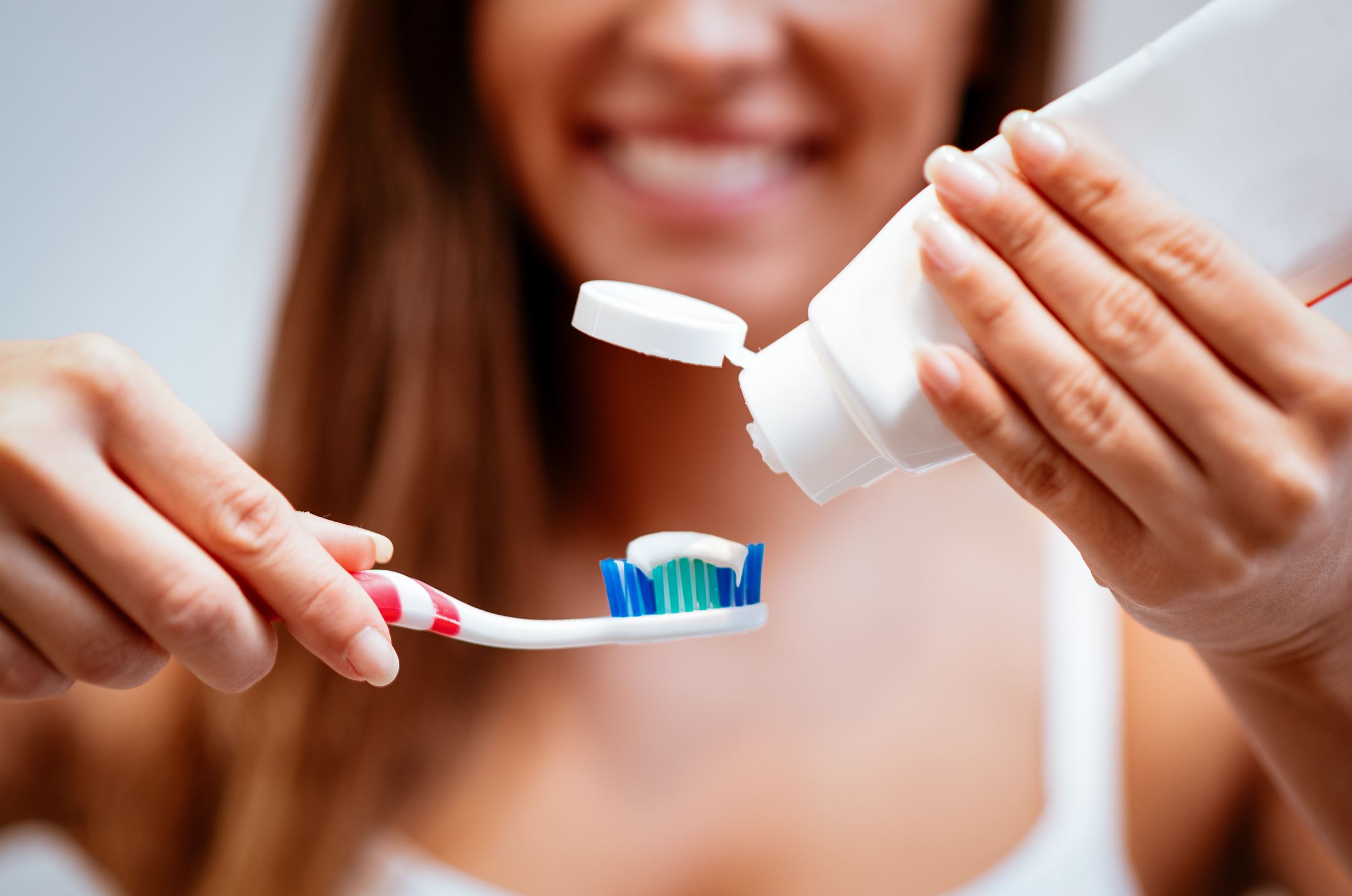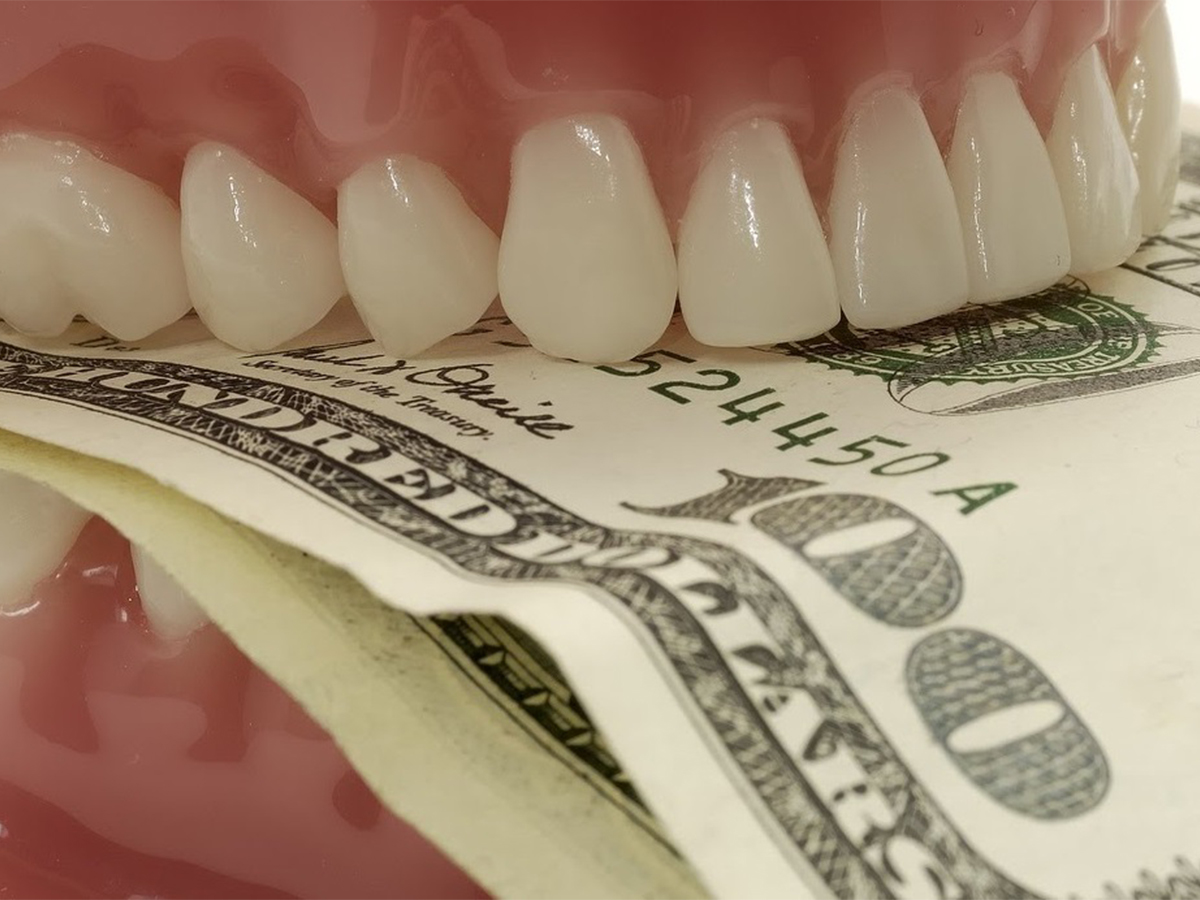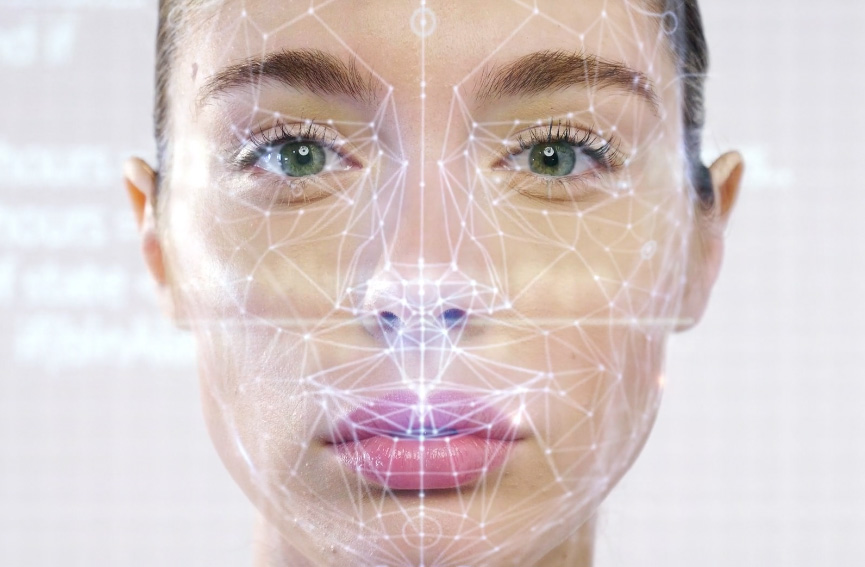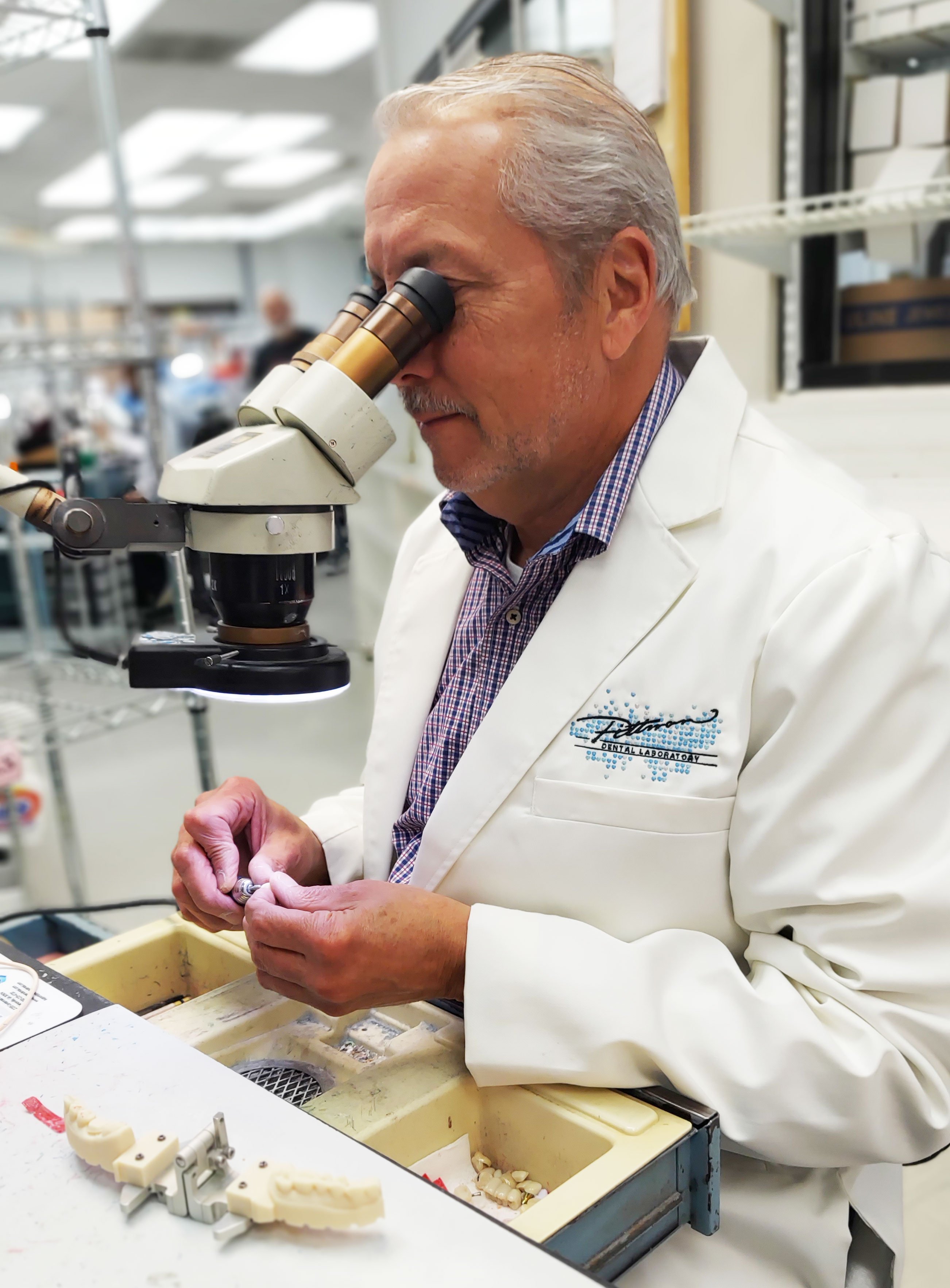A dentist on TikTok has sparked a conversation about dental hygiene. Dr. Shaadi Manouchehri shared surprising advice: there are times you shouldn't brush your teeth right away. At Pittman Dental Laboratory, our lab techs and client Doctors have seen pretty much everything. Their skills and dedication has help many patients overcome many an dental obsticle. We were wondering if you agree with Dr. Manouchehri as to when you should not brush your teeth?
Pittman Dental Laboratory Blog
Hold Off on Brushing: When Your Teeth Need a Break
Topics: Dentist, Dental Industry, Dental Advice
Unlocking Better Sleep: How Dental Appliances Can Help Manage Sleep Apnea
Sleep apnea is a prevalent sleep disorder affecting millions of people worldwide, and its consequences can be severe, from chronic fatigue to cardiovascular problems. While Continuous Positive Airway Pressure (CPAP) machines have been the go-to solution for years, not everyone finds them comfortable or effective. This is where dental appliances come into play, offering a lifeline to both patients and dentists looking to expand their services and generate more income.
Understanding Sleep Apnea:
Before diving into dental appliances, let's briefly understand sleep apnea. It is characterized by interrupted breathing during sleep due to blocked airways. There are two primary types: obstructive sleep apnea (OSA) and central sleep apnea. OSA, the most common type, occurs when throat muscles relax excessively, causing airway obstruction.
The Role of Dental Appliances:
Dental appliances, also known as mandibular advancement devices (MADs) or mandibular repositioning devices (MRDs), have gained recognition as a comfortable and effective alternative for treating mild to moderate OSA. These devices work by repositioning the lower jaw and tongue, which helps to keep the airway open during sleep.
Why Dentists Should Offer Dental Appliances:
1. Diversify Services: By incorporating dental appliances into their practice, dentists can diversify their services, attracting a broader range of patients. This expanded offering can be a valuable source of additional income.
2. Patient-Centered Approach: Many patients with sleep apnea are hesitant to use CPAP machines due to their bulkiness and noise. Dental appliances offer a more patient-friendly solution, increasing compliance and patient satisfaction.
3. Collaboration Opportunities: Dentists can collaborate with sleep specialists and physicians to create a holistic approach to treating sleep apnea. This collaboration can enhance patient care and referrals.
4. Long-Term Patient Relationships: Offering sleep apnea treatment through dental appliances fosters long-term relationships with patients who may require ongoing care, including appliance adjustments and replacements.
Steps for Dentists to Get Started:
1. Training: Dentists should seek training and certification in dental sleep medicine to ensure they can provide the best care to their patients.
2. Patient Screening: Implement a screening process to identify potential sleep apnea patients during regular dental check-ups.
3. Customized Appliances: Work closely with patients to design and create customized dental appliances tailored to their specific needs.
4. Collaboration: Establish relationships with sleep specialists and physicians to build a network for referrals and comprehensive care.
In conclusion, dental appliances are a valuable addition to any dental practice. They provide an effective, patient-centered solution for sleep apnea while also offering dentists the opportunity to expand their services and generate additional income. Pittman Dental Laboratory offers several sleep apnea appliances for your patients:
Topics: Dentist, Dental Lab, new patients, aquiring new patients, night guards, New Dental Practice
The Biting Truth: How Inflation Impacts the Dental Industry
Inflation is a term that frequently makes headlines, impacting various sectors of the economy. While it may not be the first industry that comes to mind, the dental industry is not immune to the effects of rising prices. In this blog post, we'll explore the ways in which inflation can sink its teeth into the dental industry and the consequences it brings.
1. Rising Material Costs:
One of the most immediate effects of inflation on the dental industry is the surge in material costs. Dental practices rely on a wide range of supplies, from dental instruments to restorative materials like crowns and fillings. As the prices of these materials increase, dental professionals are forced to either absorb the additional costs or pass them on to patients in the form of higher fees for procedures.
2. Impact on Small Practices:
Smaller dental practices may face even greater challenges in coping with inflation. They often lack the purchasing power of larger dental chains, making it harder to negotiate favorable prices with suppliers. As a result, they may see their profit margins squeezed, making it more difficult to invest in new equipment or hire additional staff.
3. Access to Care:
Inflation can also affect access to dental care, particularly for those without comprehensive insurance coverage. As the cost of dental procedures rises, individuals may postpone or forego necessary treatments due to financial constraints. This can lead to more serious dental issues down the line, potentially increasing the overall cost of care.
4. Employee Compensation:
Dental practices need skilled and qualified staff to provide quality care. Inflation can drive up the cost of living, making it necessary for dental practices to increase employee wages to retain talent. This added financial burden can put additional pressure on practice finances.
5. Investment in Technology:
The dental field relies heavily on technological advancements for better patient care and streamlined processes. Inflation can make it challenging for dental practices to invest in new technologies, hindering their ability to stay competitive and provide the best care possible.
In conclusion, inflation may not be as readily associated with the dental industry as it is with others, but its effects are nonetheless significant. Rising material costs, challenges for smaller practices, limited access to care, increased employee compensation demands, and hindered technological advancements all contribute to the complex relationship between inflation and the dental industry. Pittman Dental Laboratory and Surgical Solutions must remain vigilant to navigate these challenges as well. At Pittman Dental Laboratory and Surgical Solutions, we are continually engaged in negotiations with our suppliers, tirelessly striving to secure the finest materials at the most competitive prices.
Topics: marketing your practice, Dentist, Dental Lab, aquiring new patients, Dental Technology, New Dental Practice, Dental Industry, Inflation
Utilizing the products and services offered by Pittman Dental Laboratory.
Utilizing the products and services offered by Pittman Dental Laboratory can provide several advantages for a dental practice. Here are 8 key benefits:
Topics: Dentist, Dental Lab, Dental Technology, New Dental Practice, Dental Lab Starter Kit
Transforming Dentistry: Tech Innovations in the Digital Laboratory
In the ever-evolving landscape of dentistry, technology continues to play a pivotal role in revolutionizing patient care and enhancing dental practices. From digital imaging and diagnostics to advanced laboratory equipment, dentists now have access to a range of cutting-edge innovations that are reshaping the industry. In this blog, we will explore some specific tech innovations that Pittman Dental Laboratory has invested in, that is now helping dentists and their practices achieve their goals.
Topics: oral scanners, intraoral scanner, Dentist, Dental Lab, hybrid workflow, tech
Topics: Remake Percentage, Dentist, Dental Lab Remake Percentage, Dental Lab
